Have you ever questioned whether or not the word “Esquire” should be added to your name?
I have noticed that many peoples stay confused with a term called “Esquire“, especially when to use Esquire title with your name.
So, I decided to write an in-depth article and clear the confusion straightway.
In this post, we’ll also look at the several related topic that I believe you should know, how it may be used in different situations, and the requirements for doing so.
Whether you’re a legal professional or just interested in formal titles, this will explain when you can use the epithet “Esquire” in your name.
The History of The Title “Esquire”
The title esquire has a long and storied history. It was first used as a military title in the Middle Ages for a young man who assisted a knight. The title eventually gained wider usage as a respectful moniker for gentlemen of noble birth.
The English government acknowledged the title esquire in the 17th century, and only specific men who met particular requirements were given it. After the First World War, the title lost popularity in England, although it persisted in usage in the United States.
Although other professionals can also use the title “esquire,” lawyers in the United States are still the ones who use it most frequently nowadays. In the United States, the title “esquire” is not legally protected, but it is seen as a sign of respect.
Previously, I have covered in-depth about Esquire title – definition and their roles & responsibilities. Make sure you go through the article once to get complete knowledge
When Can You Use Esquire After Your Name? – With Example
Let’s talk about when can you use use Esquire after your name in detail:
The title esquire (abbreviated Esq.) is most commonly used in the United States to refer to lawyers. However, it can also be used to refer to other professionals, such as judges, politicians, and diplomats.
In the United States, the title “esquire” is not legally protected. This implies that anyone can use the title, whether or not they meet the conventional requirements.
It is regarded as a sign of respect, nevertheless, and is typically reserved for those who have reached a certain level of professional accomplishment.
The most frequent scenarios in which you might use the title “esquire” are listed below:
Whenever speaking to a lawyer in a professional situation. On a letter to a lawyer, for instance, you may write, “Dear Mr. Smith, Esq.” when a lawyer’s name is listed in a directory or online.
For instance, you might identify “John Smith, Esq.” as a lawyer in the directory of your neighbourhood bar organization.
When a lawyer is mentioned in a news story or another publication. In a news piece about a legal issue, for instance, you could write, “John Smith, Esq., a lawyer with the firm of Jones & Smith.”
It’s vital to remember that not every situation calls for the use of the title “esquire.” In a casual context, such as over the phone or in person, you wouldn’t address a lawyer with the title “esquire,” for instance.
The following situations will result in you not using the title “esquire”:
✅ When conversing informally with a lawyer.
✅ When making a personal letter or email reference to a lawyer.
✅ When discussing a lawyer in a post on social media.
✅ The choice of whether or not to use the title “esquire” is ultimately a matter of taste. If You do decide to use the title, it’s crucial to do so correctly and in the right situation.
What is Esquire?

Esquire is an honorific title that is frequently abbreviated as “Esq.”
Its beginnings can be found in medieval England, when it stood for a position beneath knight but above gentleman.
Esquire has changed over time to mean different things depending on where it is used and the context.
➡️ Esquire in the Legal Profession
Esquire has a reputation for being connected with lawyers in the legal field. It typically denotes that the person is a member of the legal profession, frequently an attorney-at-law.
Esquire is a postnominal title that is appended after a person’s name in this situation to denote their professional credentials.
➡️ Esquire as an Honorific Title
Esquire can also be used as an honorific title for people who don’t necessarily have a legal experience outside of the legal profession.
However, how it is used differs based on regional customs and cultural norms. When addressing people of high social rank, the word “Esquire” may have a social distinction or polite formality in several nations.
Using Esquire After Your Name
To use Esquire after your name, certain requirements and considerations must be taken into account.
Let’s explore the guidelines for utilizing this honorific title in different scenarios.
Requirements for Using Esquire
![Role and Responsibilities of an Esquire [ Esquire Title, Esquire Definition & More ]](https://thelegalstories.com/wp-content/uploads/2023/05/shutterstock_1038948943-1.webp)
✅ Esquire for Attorneys
Esquire is typically accepted as a professional title for lawyers. In the majority of jurisdictions, obtaining a law degree (Juris Doctor or an equivalent) and passing the bar exam are requirements in order to use the title “Esq.”
However, as rules may change, it is imperative to review the laws that apply in your particular country.
✅ Esquire for Non-Attorneys
Esquire is sometimes used as an honorific title by people who are not attorneys. Nevertheless, it’s crucial to use prudence and observe regional norms and expectations.
In some situations, using Esquire without the necessary qualifications may be viewed as misleading or improper.
Roles & Responsibilities Of Esquire
Understanding the roles and responsibilities of esquire will give you the best idea about “When Can You Use Esquire After Your Name“.
Fee free to check out one of my article where I have extensively covered the role & responsibilities of Esquire in an simply language.
When to Use Esquire
Depending on the situation and goal, you should know when to put Esquire after your name. Let’s look at some such situations where you would want to use this honorific title.
✅ Professional Correspondence
You can add Esquire after your name in formal professional correspondence, such as letters, emails, or legal documents, to indicate your legal knowledge or position as a professional.
When communicating with other legal experts or handling legal concerns, this usage is very pertinent.
✅ Business Cards and Signatures
Include Esquire in your professional signatures and business cards if you’re an attorney or otherwise active in the legal sector to highlight your legal expertise.
It acts as a tangible representation of your knowledge and can make a strong impact on customers, co-workers, and future business partners.
✅ Legal Documents and Court Filings
Using Esquire after your name might give your contributions more authority and professionalism when you are drafting legal documents or making court pleas.
It sends a message to the audience that you are well-versed in legal issues and capable of giving credibility to your claims or statements.
Esquire Usage in Different Countries
Esquire is read differently in several nations. Let’s examine its importance in a few well-known jurisdictions.
✅ United States
Esquire is frequently used as a postnominal title in the legal industry in the United States, where it is predominantly associated with attorneys. It shows that the person is a qualified attorney at law.
✅ United Kingdom
Esquire is not frequently used as a legal title in the United Kingdom. Instead, it is frequently used as a courtesy title, especially for people who hold certain positions of distinction, including senior officials, mayors, or gentry members.
✅ Other nations
Esquire may be used differently in different nations. Esquire as a title may not be appropriate or be used in the way that is generally accepted in the nation or territory you are in, thus it is necessary to investigate and comprehend the cultural and legal standards of the area you are in.
Conclusion
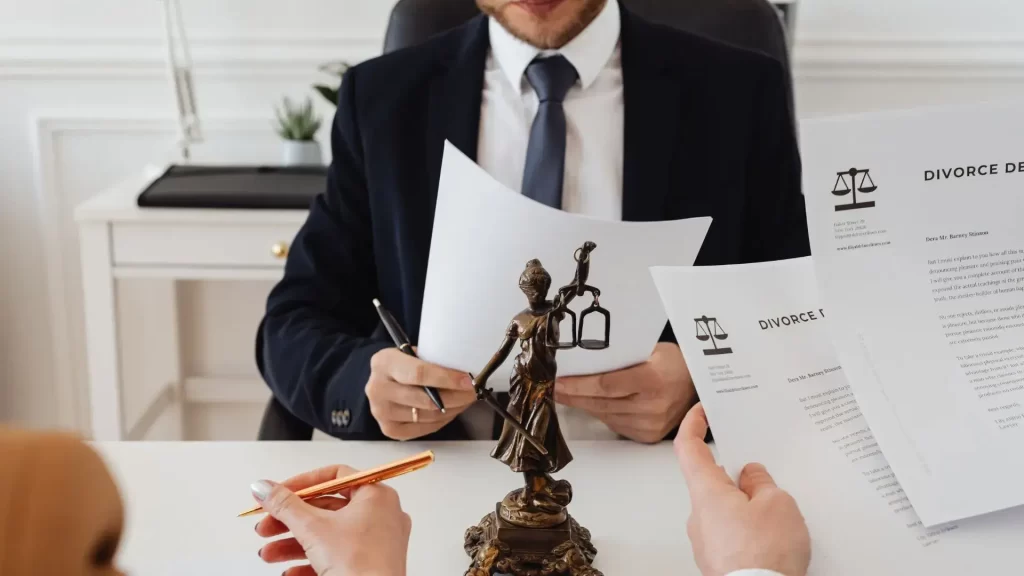
The honorific title “Esquire” has importance outside of the legal community as well. Esquire is a professional title that can be used by lawyers to indicate their credentials and area of specialization.
Esquire can be used as an honorific title, but non-attorneys should be cautious and make sure it is appropriate for their context.
Keep in mind that using Esquire properly can improve your professional image and demonstrate your legal expertise.
FAQs
Can I use Esquire if I’m not an attorney?
While Esquire is primarily associated with attorneys, in some contexts and regions, non-attorneys may choose to use it as an honorific title. However, it’s important to understand the local norms and expectations to avoid any misunderstandings or misrepresentation.
Are there any legal restrictions on using Esquire?
The regulations surrounding the usage of Esquire may vary depending on the jurisdiction. It’s crucial to consult the rules and guidelines specific to your location to ensure compliance with any legal restrictions or requirements.
Should I always include Esquire after my name in professional settings?
Including Esquire after your name in professional settings is a personal choice. However, it can be beneficial when communicating with other legal professionals, corresponding on legal matters, or establishing your credentials as an attorney.
Can I use Esquire in casual or informal situations?
ttorney.
4. Can I use Esquire in casual or informal situations? Esquire is typically used in formal or professional contexts. In casual or informal situations, it may be more appropriate to omit the use of Esquire, as it could come across as overly formal or unnecessary.

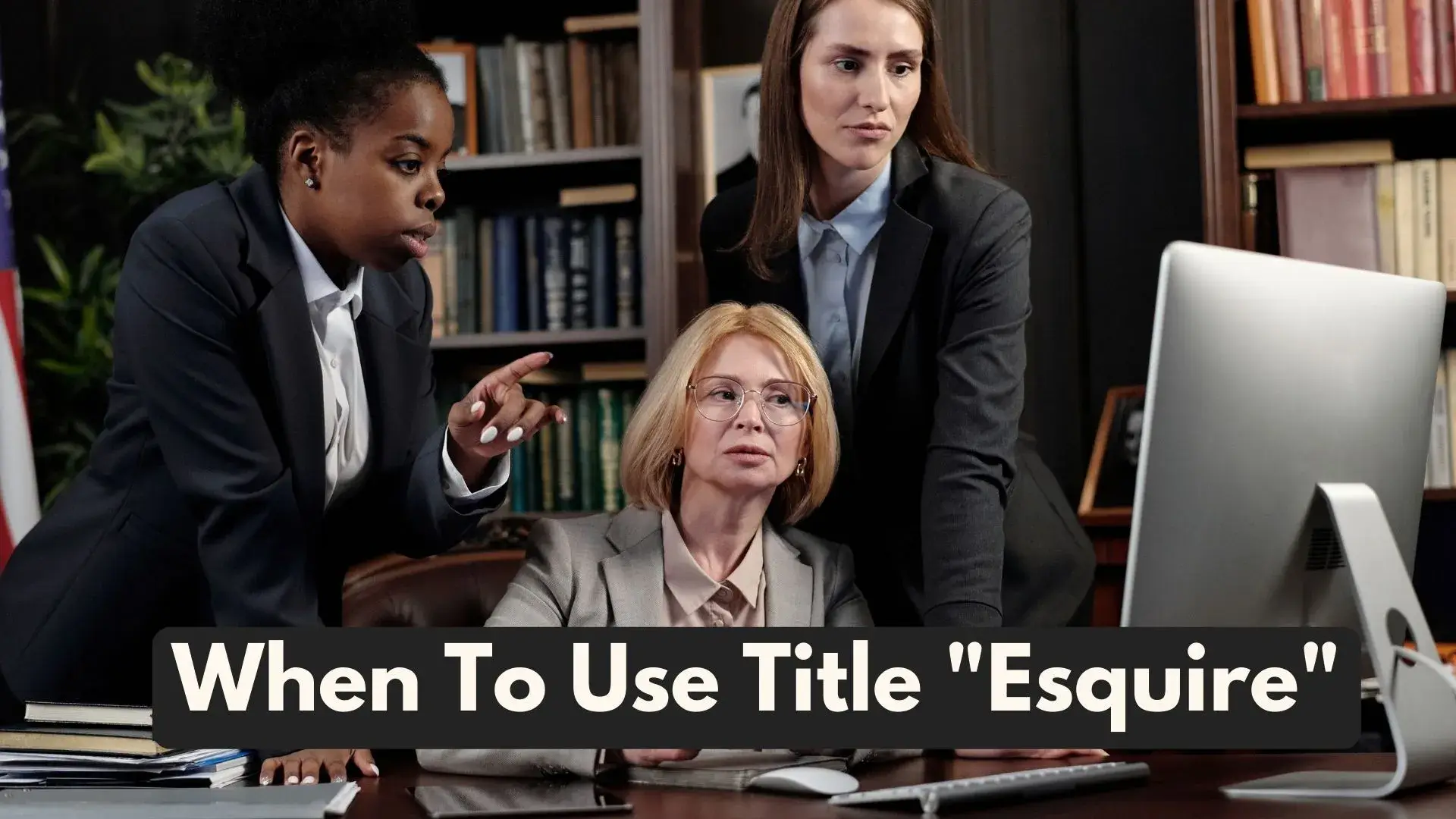
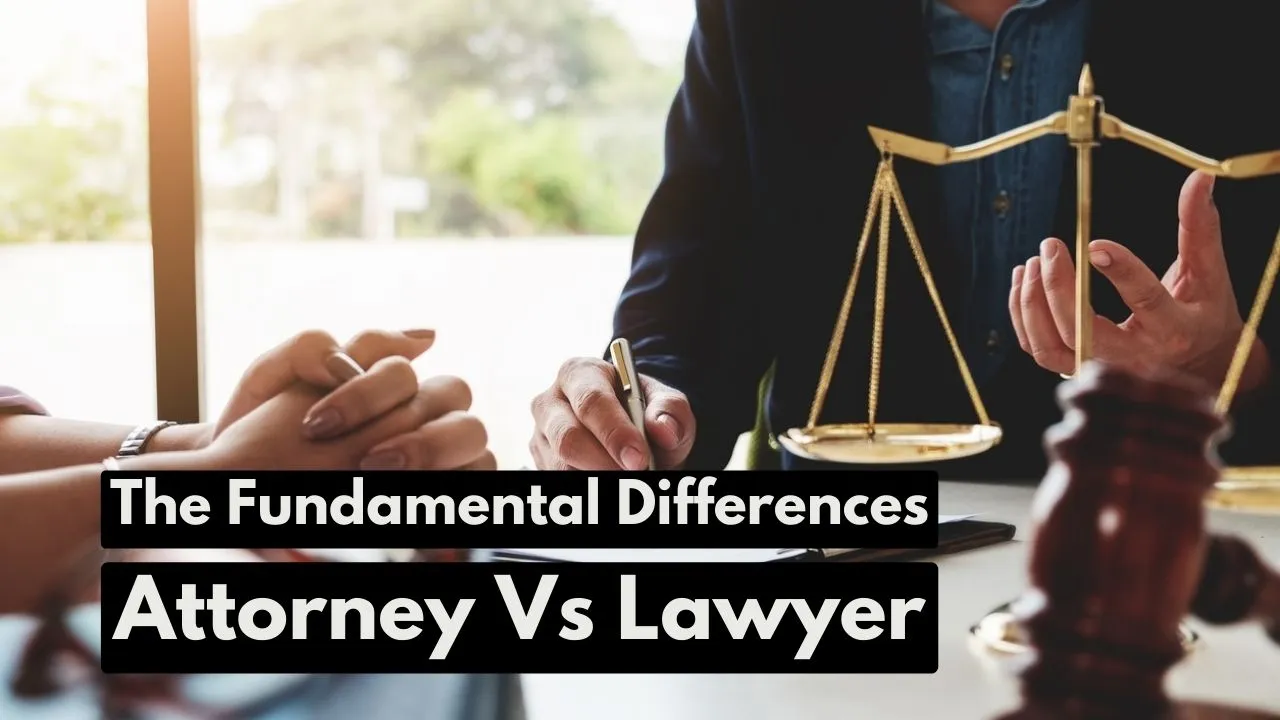
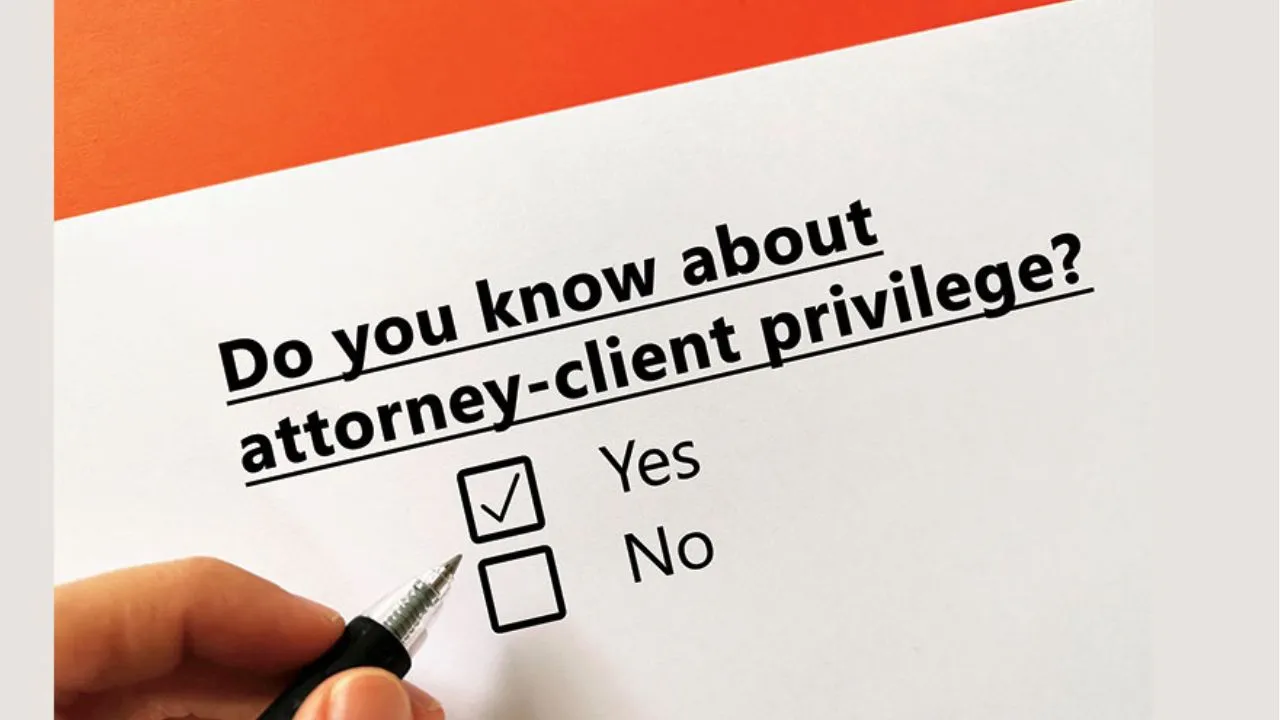



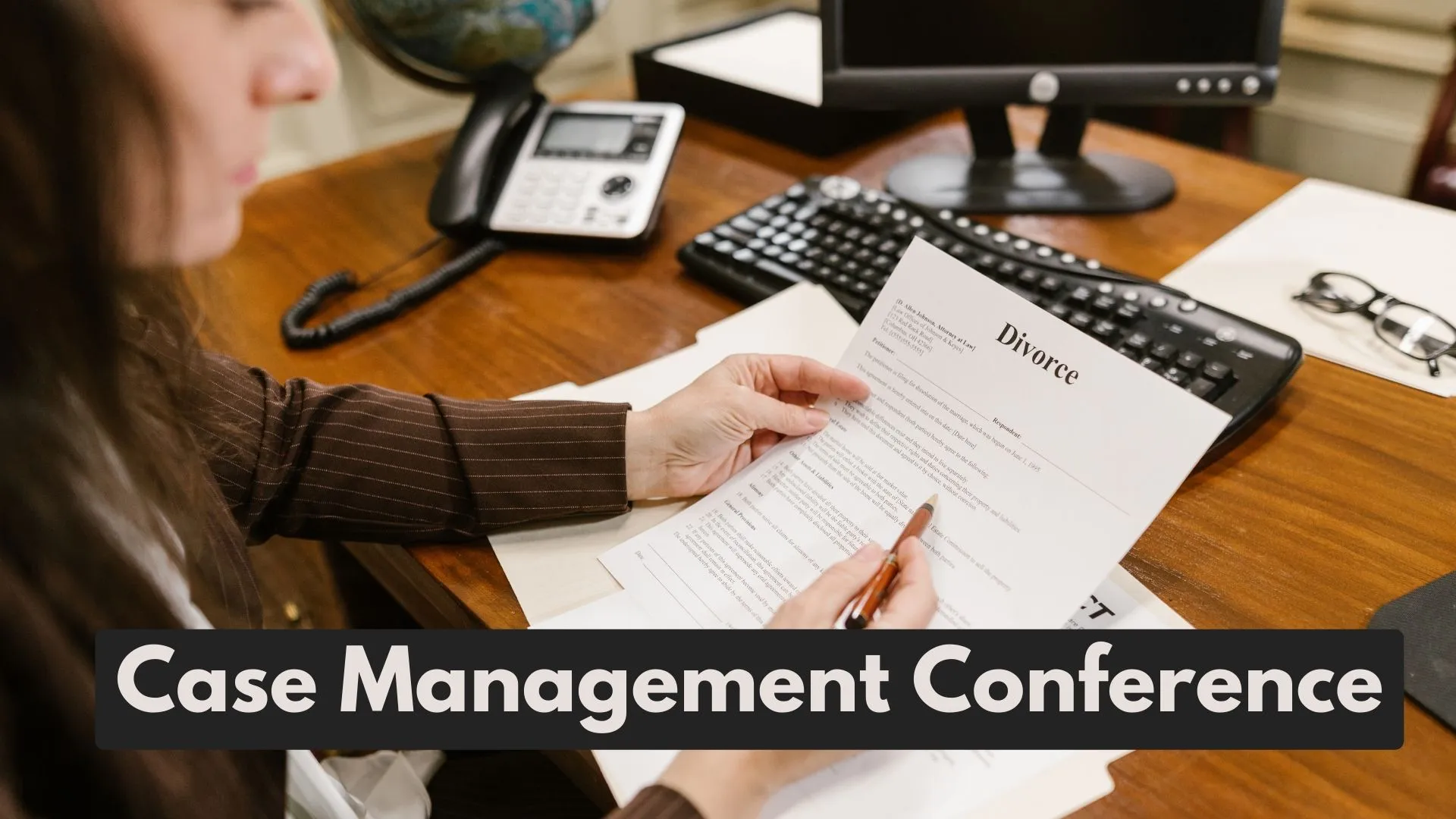






![Case Management Software - Buyer's Guide [ 6 Must-Check Points ] By thelegalstories.Com](https://thelegalstories.com/wp-content/uploads/2024/01/Red-and-Black-Dark-Gamer-Sports-YouTube-Outro-1.webp)

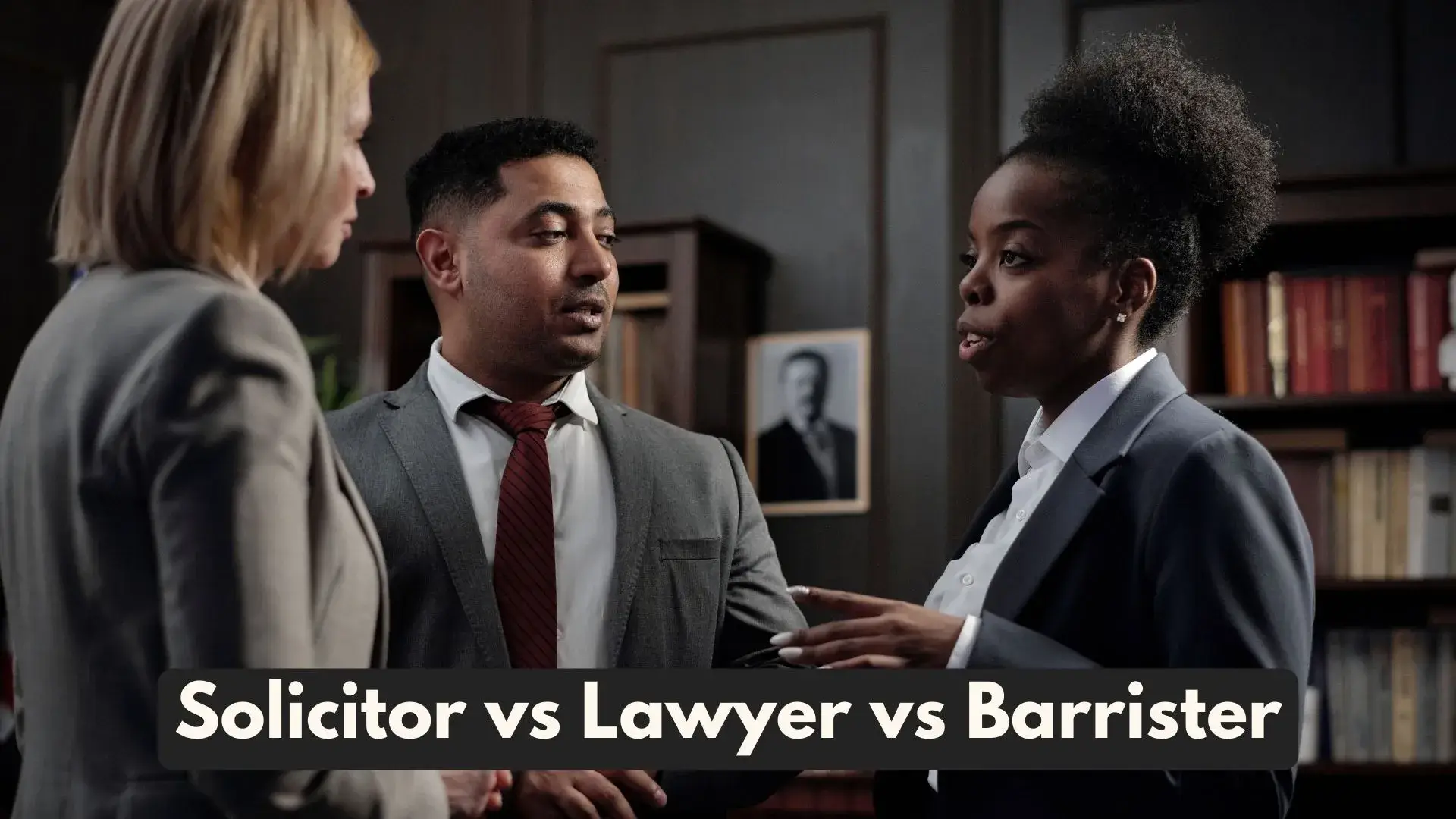

Leave a Reply